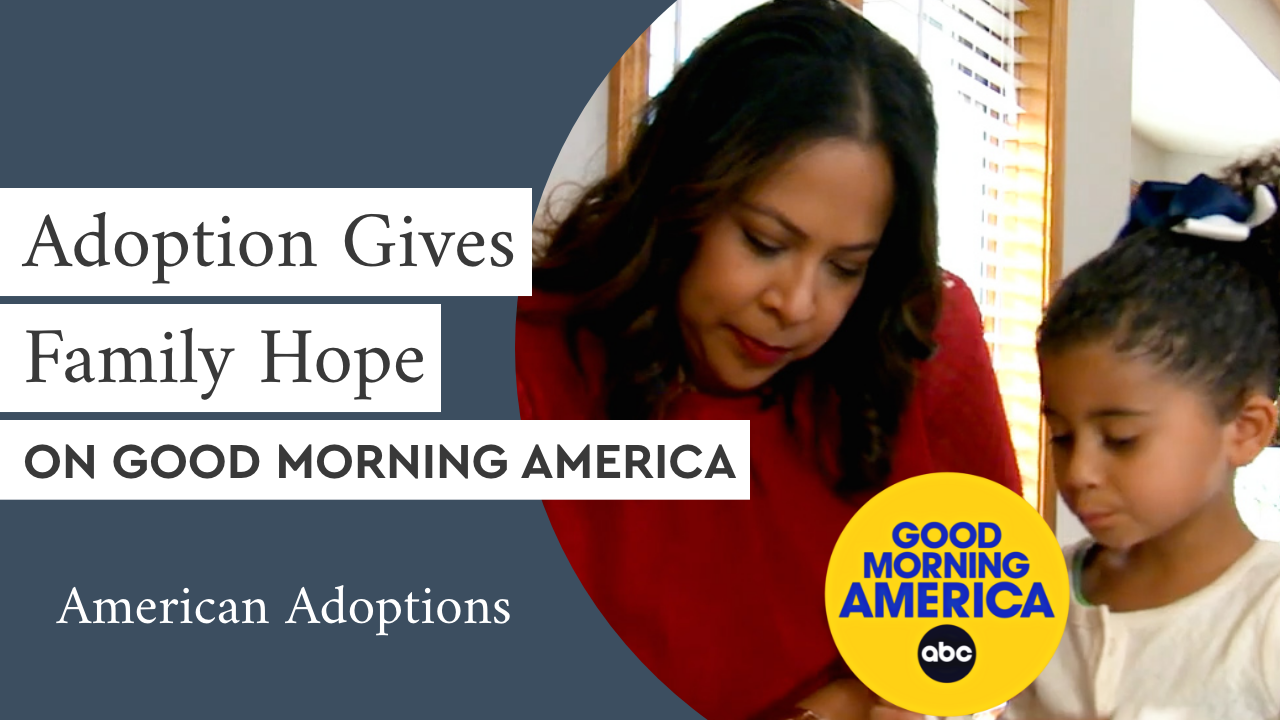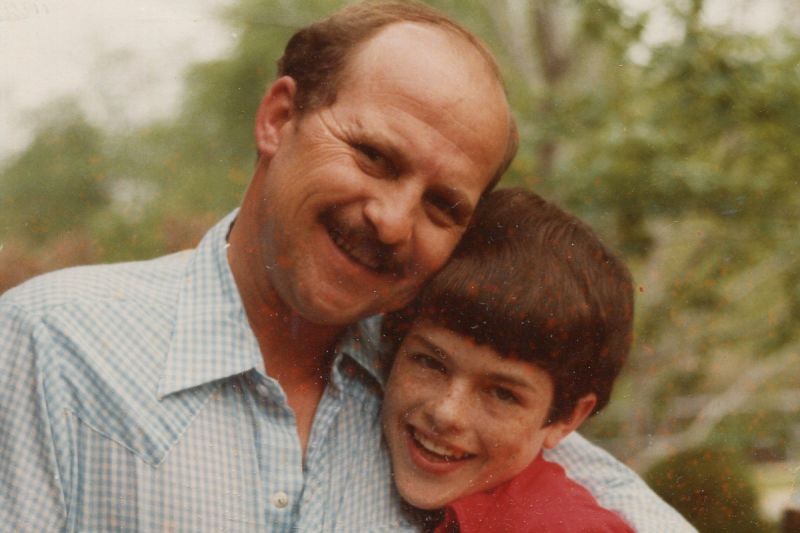Adoption vs. IVF: What's Right for You?
5 Things to Consider When Moving from IVF to Adoption

When you want nothing more than to become a parent, an infertility diagnosis can be a huge hurdle. But it doesn’t mean you have to give up your dreams of parenthood.
But you do have options. You can get help from our experienced professionals by calling 1-800-ADOPTION or click here.
Many couples eventually reach a point in their journey where they have narrowed those options down to two possibilities: adoption vs. IVF.
This guide to IVF vs. adoption is intended to help you make a decision you feel good about, whatever it may be.
If you're a prospective birth mother deciding whether putting your baby up for adoption is right for you, check out our resource guides for choosing adoption under your circumstances. You can also get free help by clicking here or by calling us toll-free at 1-800-ADOPTION.
Adoption vs. IVF: An Overview
Deciding on IVF or adoption isn’t easy. There’s no “obvious” choice, and one option is no “better” or “worse” than the other. Instead, it is up to every individual family to decide what is right for them based on their individual circumstances.
While they are two very different processes, IVF and adoption do have a few things in common. Both can help hopeful parents to add a child to their families. Both can be emotionally challenging processes. And both can involve significant investments of time, energy and money.
That being said, there are also some important differences to consider when you are debating IVF or adoption:
To learn more about adoption vs. IVF, see a more in depth description of each process below.
In Vitro Fertilization
For most couples, fertility treatments are the first step when having difficulty becoming pregnant. Fertility treatments could actually describe several different infertility options, but IVF in particular is the most common of the assisted reproductive technologies (ART).
In IVF, a physician harvests a sperm and egg cell from each partner and combines the two in a laboratory dish to form an embryo. When ready, the embryo will be implanted in the woman’s uterus. If all goes well, her pregnancy will then continue just like any other.
When debating IVF vs. adoption, it’s important to consider the costs. More than 85,000 women each year undergo IVF, a procedure which costs approximately $12,000 per cycle — not including the medications, which can run an additional $3,000–$5,000.
Keeping in mind that IVF works maybe 40 percent of the time, this can very quickly exhaust a couple’s family-building budget, and there is never any guarantee of a child. Age and general health impact the effectiveness of the process as well, so these things must also be considered when pursuing IVF vs. adoption.
It’s also important to note the physical aspects of IVF. Many women find the experience notably uncomfortable, considering the semi-invasive procedures, self-injecting medications, and side effects. The simple truth, though, is that when choosing between IVF or adoption, IVF is the only one of these options that can allow you to experience a pregnancy and share any genetics with your child.
Adoption
For many couples, moving from IVF to adoption eventually happens when IVF fails or has become too expensive to continue.
However, that’s not to say that everyone must first choose IVF vs adoption; other couples may decide right away that adoption is how they were meant to grow their family. Adoption has many benefits, and no family-building option is better than another if it ultimately brings you a child.
If considering adoption after IVF (or instead of IVF), it’s important to know that there are different types of adoption to pursue, and these different types can affect every detail of the entire process.
- Domestic Infant Adoption: Domestic infant adoption is the process that occurs when a pregnant woman in the United States chooses adoption for her unborn baby. In this form of adoption, she’ll get to choose her child’s adoptive family, get to know them, and even maintain an open relationship with them as her child grows up. Parents deciding between IVF or adoption often choose this path because it is the best option for parents looking to raise a newborn baby from birth.
- Foster Care Adoption: When a child in the foster care system is legally available for adoption, this means that a court has already terminated the rights of his or her biological parents, and they will be unable to ever regain custody. The goal of the foster care system is almost always to reunite a child with his or her biological family, and birth parents are often given many years and several opportunities to complete a reunion plan. If a child has been legally cleared for adoption, then, it is likely that the child is older. It’s also common for children within the foster care system to have special needs.
- International Adoption: While new laws and regulations are making international adoption a little less common, this type of adoption refers to parents who add a child from another country into their family. This process varies greatly depending on the country the parents choose to adopt from.
Because the different types of adoptions and the resources necessary to complete them vary, the costs do as well. Foster care adoption is almost always the most cost-effective form of adoption with an average cost of $2,744, while a private domestic adoption can cost tens of thousands of dollars. International adoption costs heavily depend on the country a family adopts from. Keep in mind, however, that as long as you work with a good agency, choosing adoption does guarantee that you’ll become a parent, while money spent on IVF may not result in anything.
Of course, choosing adoption over IVF means that you will have no genetic relation to your child. However, many couples that consider moving from IVF to adoption or ultimately decide to pursue adoption after IVF find that it’s not their desire to see their own genetics in a child that really matters — it’s the desire to be parents.
Deciding between IVF, adoption and your other family-building options is not an easy process, and it’s one that shouldn’t be taken lightly. We encourage you to talk over your options with your spouse, the rest of your family, and an infertility counselor before starting down any one path. You can get a free infertility consultation from one of our professional staff members if you click here or call 1-800-ADOPTION.
Disclaimer
Information available through these links is the sole property of the companies and organizations listed therein. American Adoptions provides this information as a courtesy and is in no way responsible for its content or accuracy.

